How to Naturally Boost Collagen in Your Body
Collagen is the most plentiful protein in the body. It is a structural protein found in our bones, teeth, skin, tendons, cartilage, blood vessels, hair, and nails. You can think of collagen almost like a glue that holds our body together and makes up for about a third of our total body protein. Not only does collagen provide structure, but it also plays a key role in supporting our immunity, digestion and reproductive systems.
Our body makes collagen out of key vitamins, minerals, and through multiple processes.
As we age, our body’s ability to produce collagen decreases, which in turn may lead to fine lines on your face, less flexible ligaments, weakening muscles, joint pain, wrinkles, and may even cause thinning of the lining of our digestive tract which can cause digestive issues.

The nutrients needed for collagen production
Besides aging, one of the most common reasons our bodies may not produce enough collagen is poor nutrition.
Among the key nutrients involved in collagen production include:
-
Vitamin C: Key vitamin involved in collagen production. Great sources of vitamin C included citrus fruits, peppers, cherries, chives, parsley, kale and tomatoes.
-
Iron: Iron helps our bodies better absorb vitamin C and hence it is important to ensure we are getting enough. Great sources include animal proteins and organ meats like liver, red meat, and shellfish. Some plant-based sources of iron include green leafy vegetables (i.e spinach, arugula and kale), legumes, quinoa, pumpkin seeds, molasses, broccoli, tahini, and tofu.
-
Zinc: Helps in breaking down collagen in the gut through the enzyme collagenase. Some great sources include meat, shellfish, legumes and seeds.
-
Amino acids: Those include threonine, lysine and proline
-
In addition to food sources, supplements can be taken to make sure you’re getting enough of these nutrients to produce collagen. Our Nutrili Collagen shot contains 10 g of marine collagen, including key vitamins and minerals to help support the natural collagen production in our bodies. It is a great way to help our bodies get that extra collagen boost.
Gut Health and collagen
Recent studies have also shown promising benefits of collagen to gut health.
Collagen contains Glycine, an amino acid with anti-inflammatory properties. Hence, ingesting collagen may help reduce the risk of digestive conditions. Additionally, given that collagen attracts acidic molecules and water molecules bind tightly to collagen; as the latter moves through the GI tract, it supports breaking down proteins and carbohydrates in the intestines.
Finally, collagen contains glutamine, the most abundant amino acid in the blood and other body fluids. Adding glutamine to your diet may also help strengthen your immune system cells.

What you can do to support the formation of Collagen in your body
Several lifestyle and eating habits may help support the natural production of collagen, as well as certain supplements can serve as powerful collagen boosters:
-
Exercise. Exercising regularly has proven to have many health benefits, improving our overall well being
-
A good night's sleep. They call it beauty sleep for a reason! Studies have shown a connection between sleep and production of human growth hormones (HGH). And given that HGH stimulates collagen production in muscles and tendons, sleep may become a game changer with it comes to your skin health
-
Reduced stress: Stress can lead to the increase in hormones like cortisol, which studies have found to decrease the production of collagen
-
Use a sunscreen formula with mineral filters to protect your skin. There are plenty of ocean friendly options that will also help protect the ocean's coral reefs!
-
Stay hydrated. When the body becomes dehydrated, the collagen strands are impacted, leading to the formation of fine lines and wrinkles. Drinking plenty of water is the best way to stay hydrated
-
A balanced diet. Eating protein and vitamin-rich food can support the production of collagen by our bodies. Such foods include citrus fruits, tropical fruits and berries, leafy greens, beans as those are rich in protein and tomatoes and red bell peppers
Studies have shown that collagen supplements improve skin hydration, elasticity, roughness, and density. It is also a promising supplement to enrich your gut health. In order to combat declining or deficiencies in collagen, one option is to take supplements with collagen. Collagen supplements are commonly available in liquid form, powder, gummies, solid tablets and powder capsules.
At Nutrili we have formulated the delicious beauty collagen shot which you can drink to reap the benefits of this wonder protein.
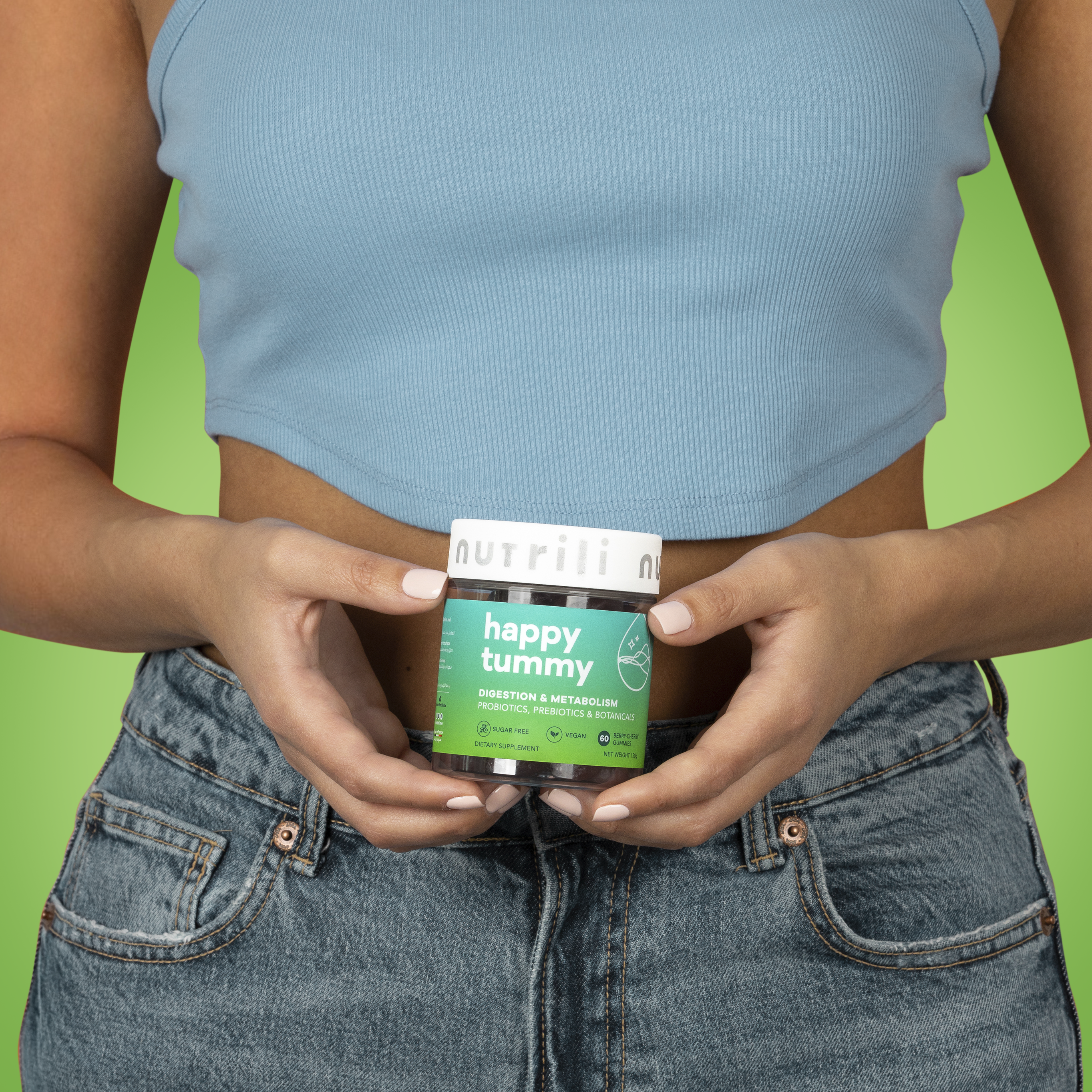


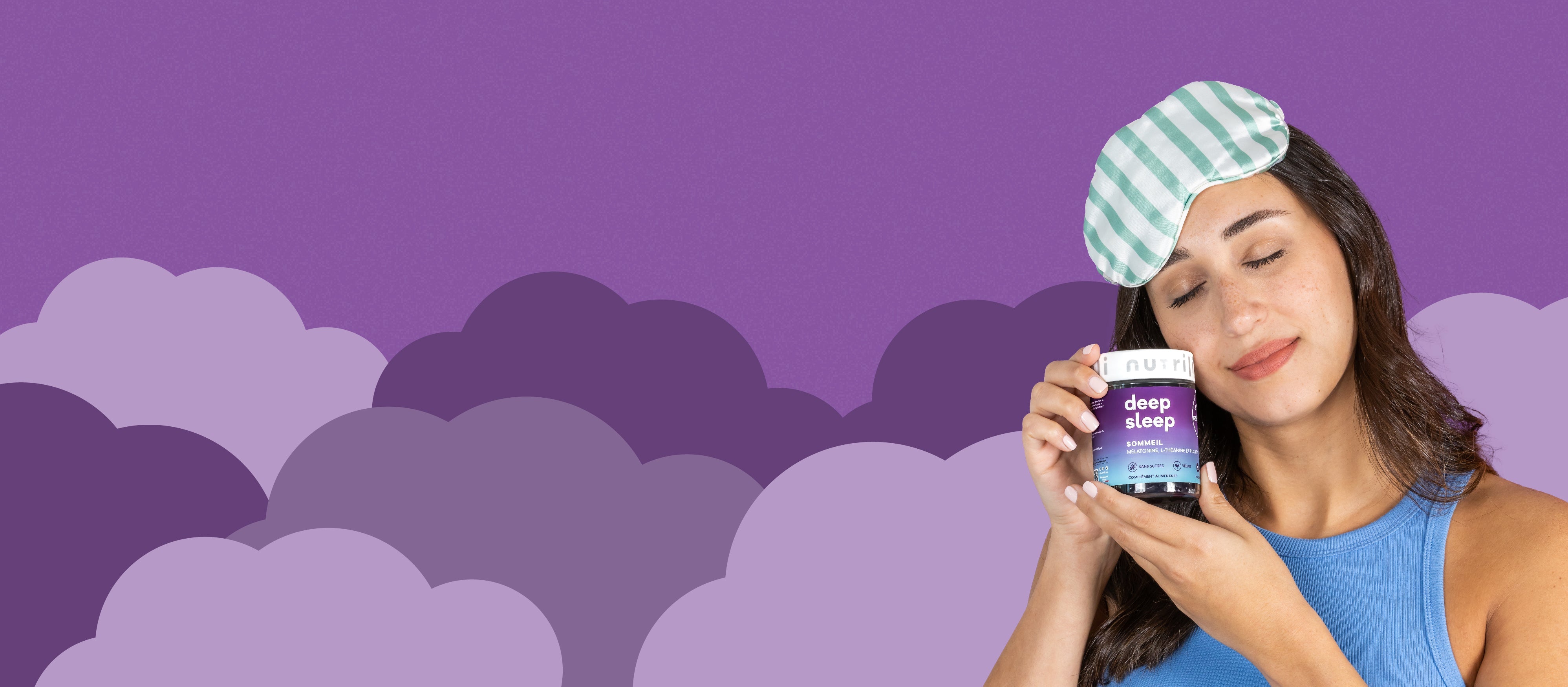
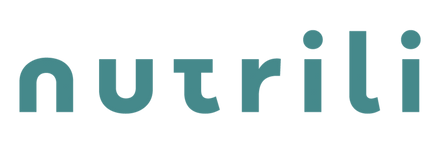








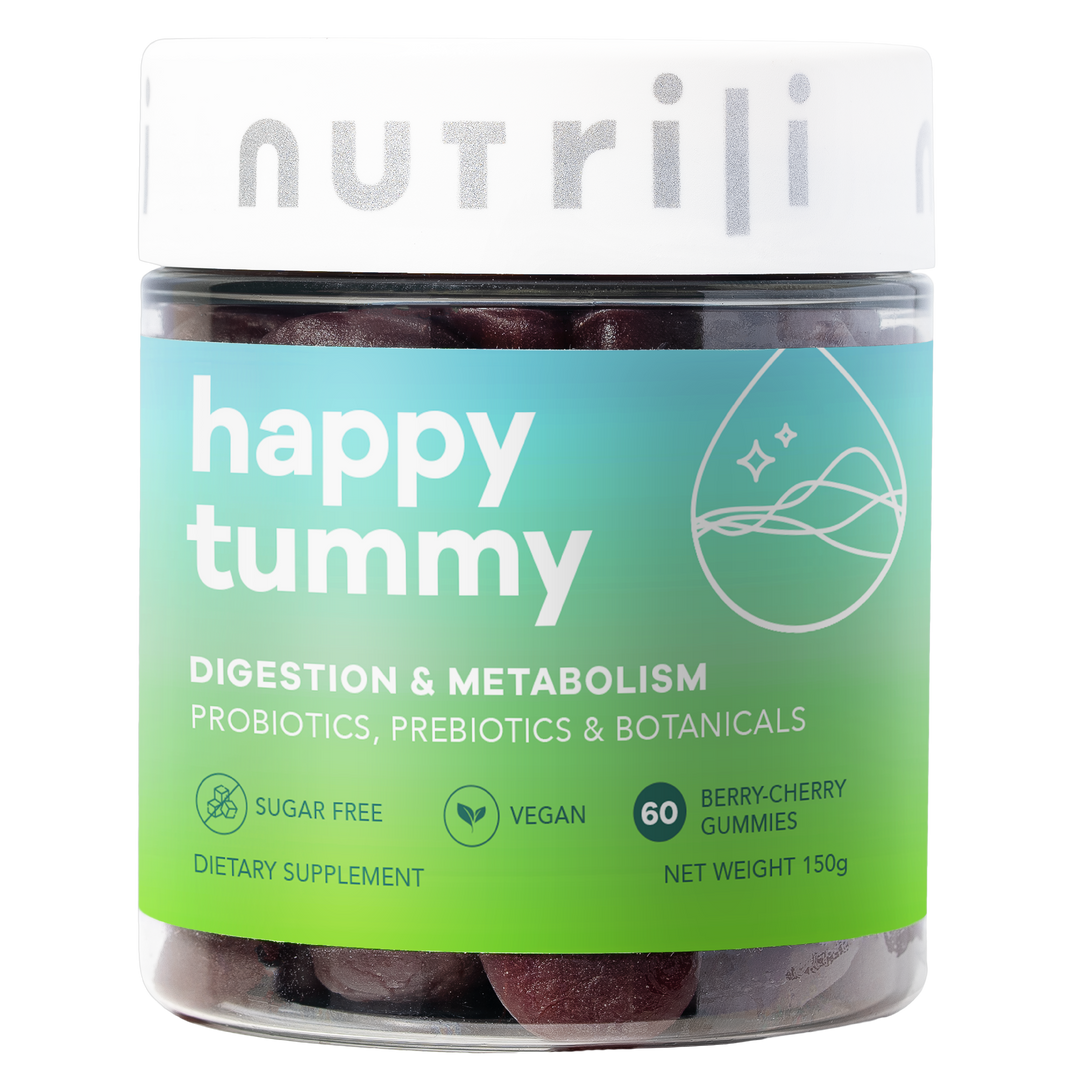
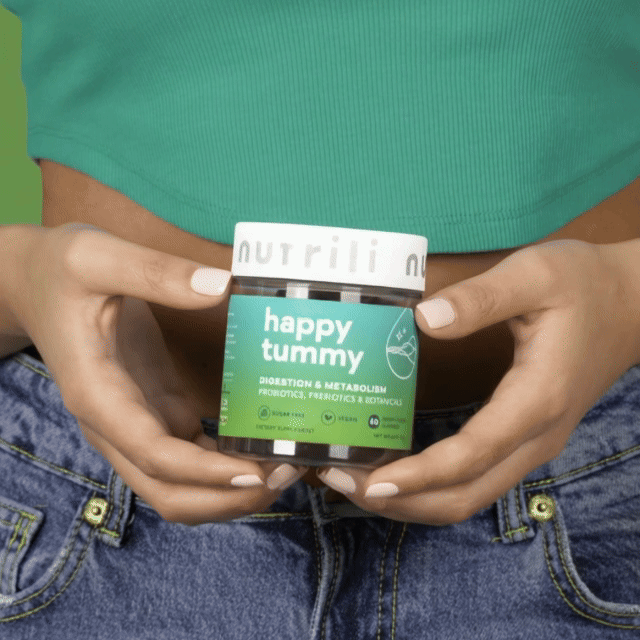


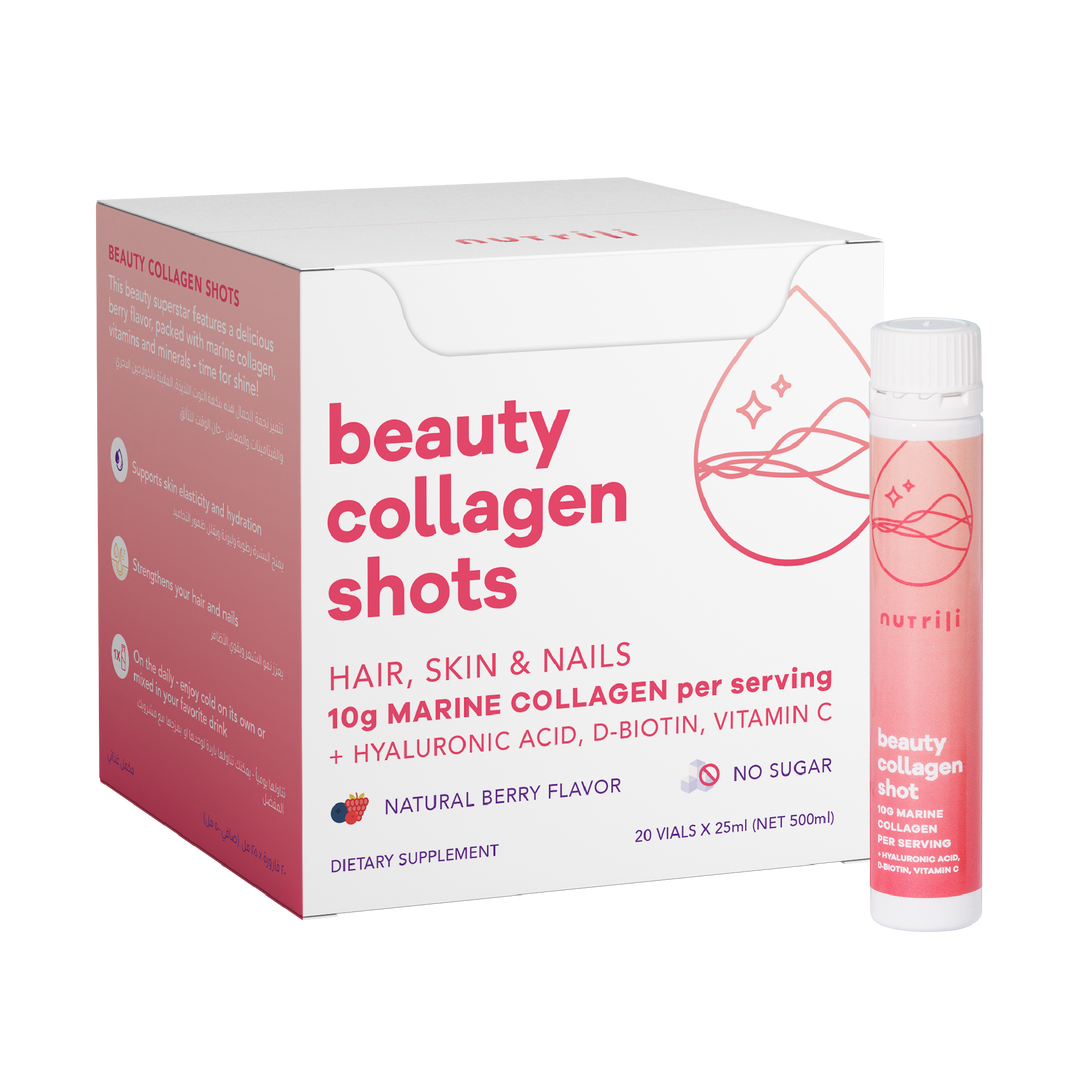
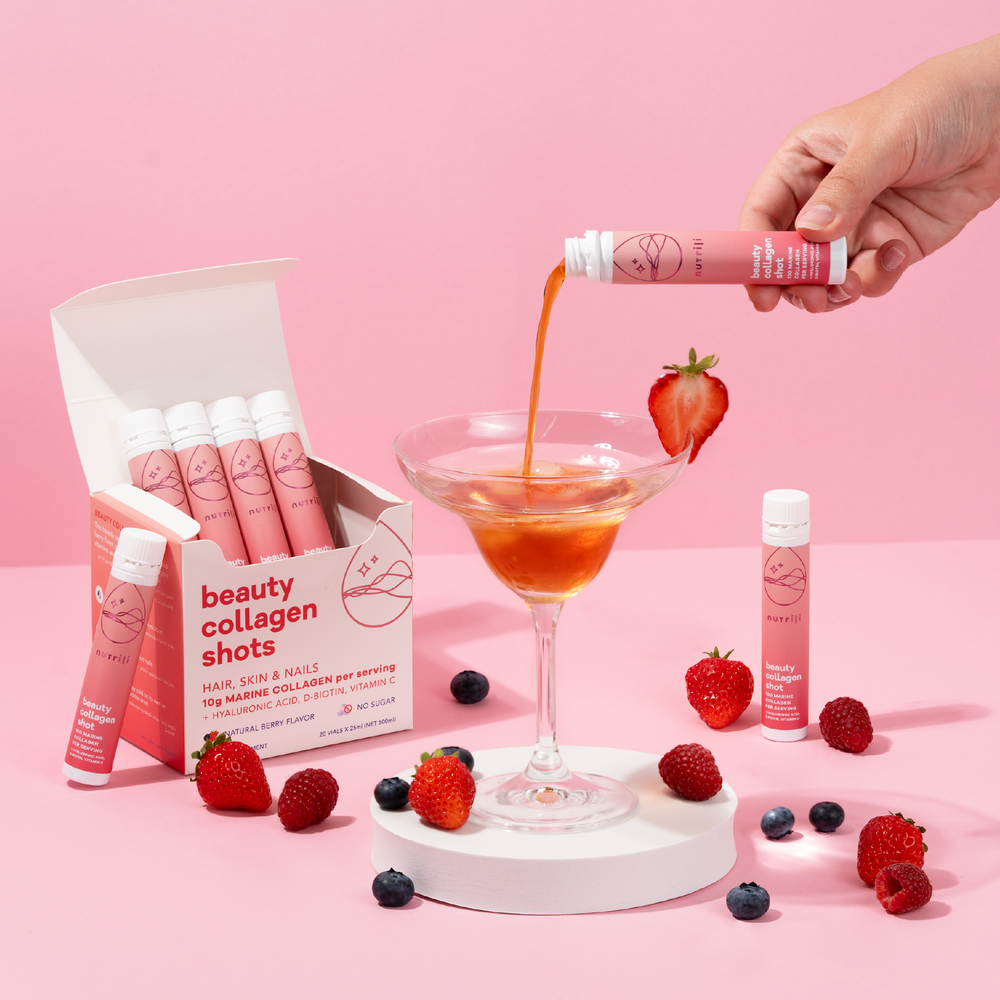
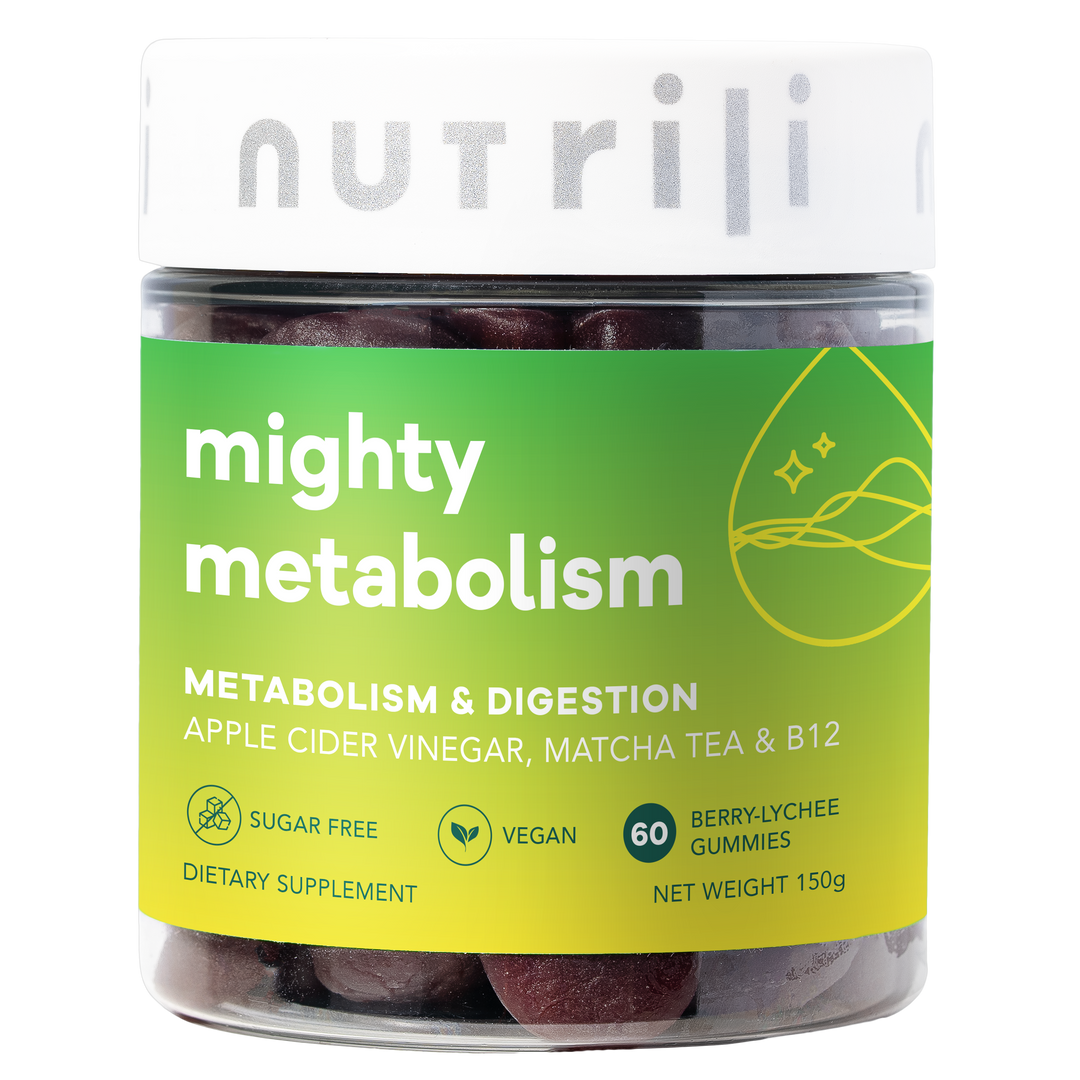
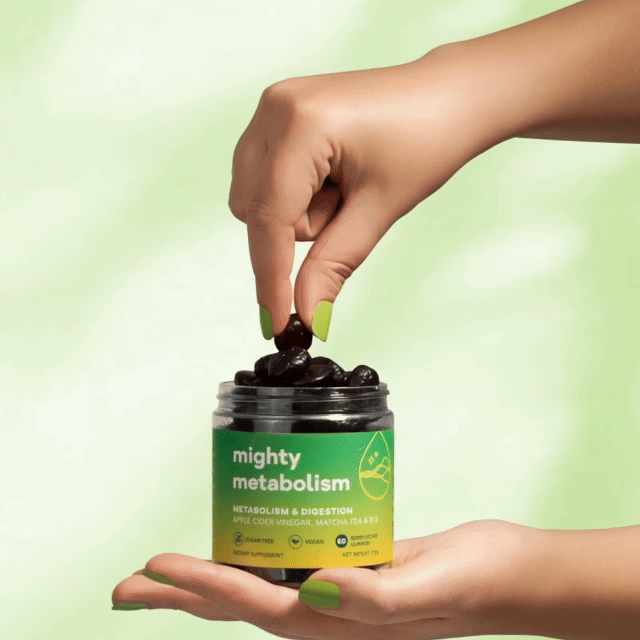
Leave a comment